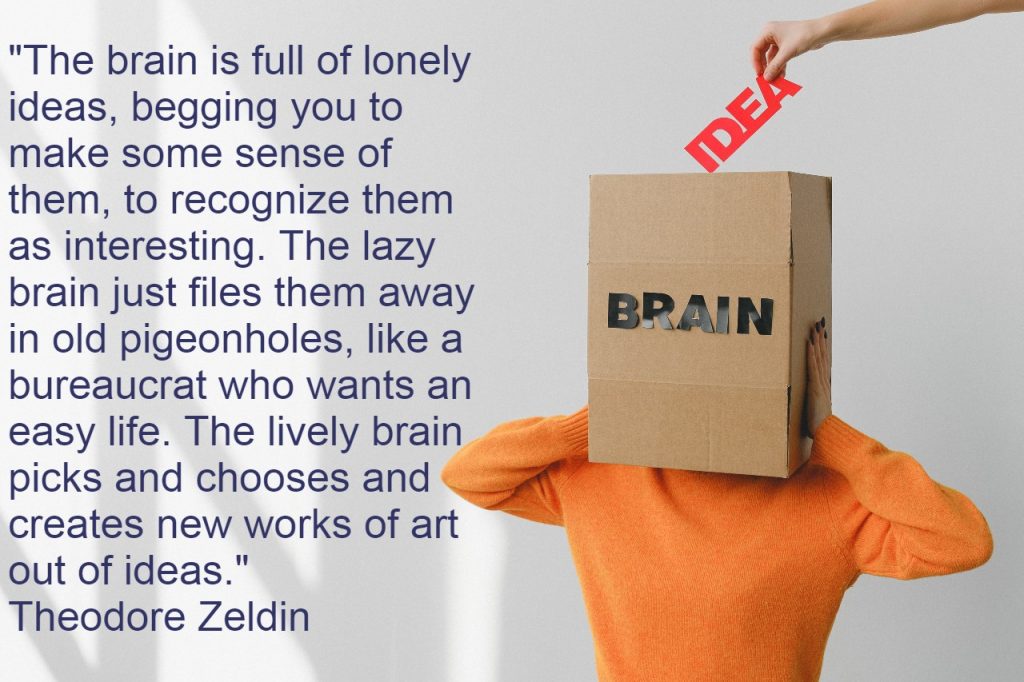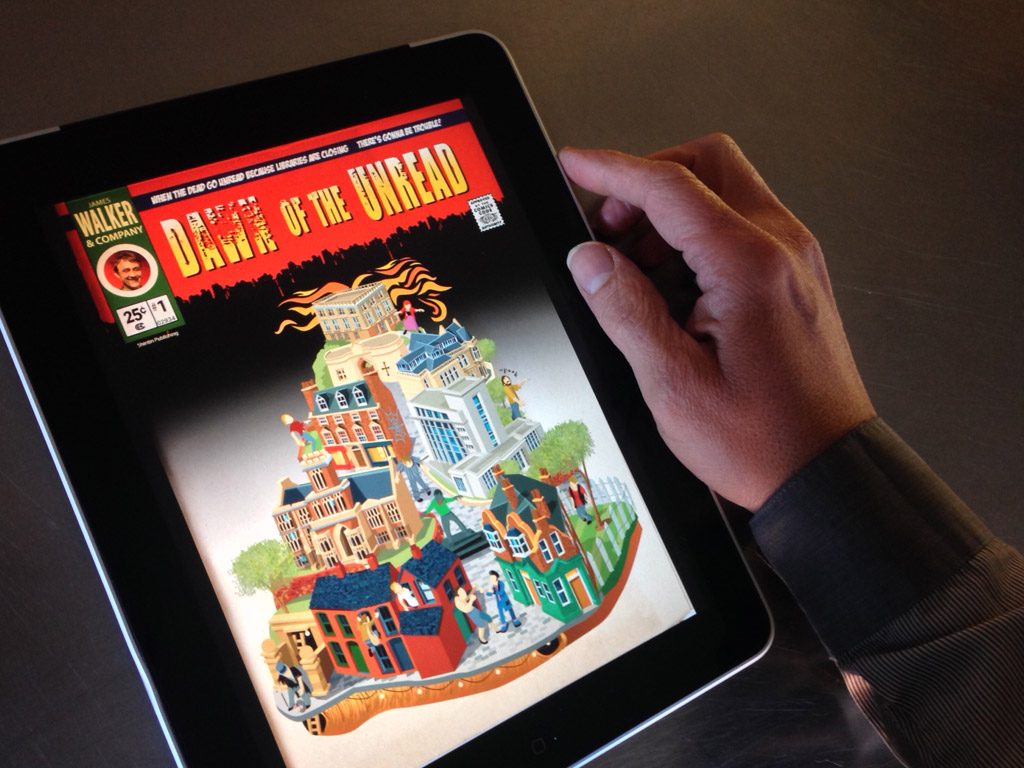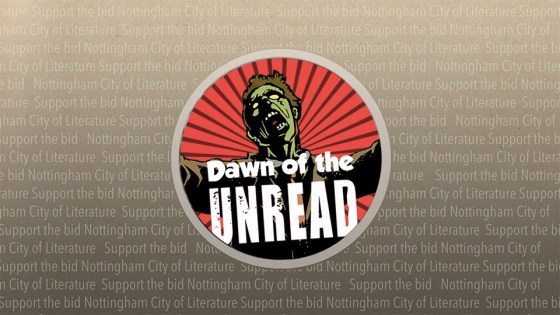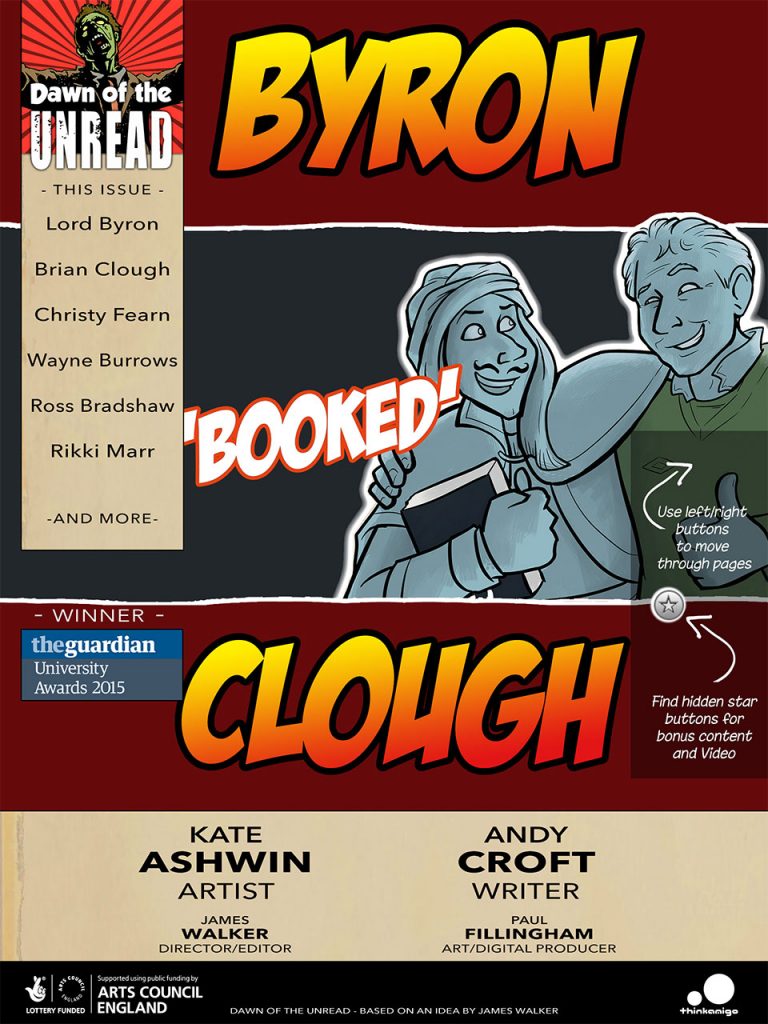When Theodore Zeldin’s was made professor honoris causa of HEC Business School he outlined three questions driving his research: How can a person look to find more inspiring ways of spending each day and each year? What ambitions remain unexplored, beyond happiness, prosperity, faith, love, technology or therapy? What role could there be for individuals with independent minds, or who feel isolated or different, or misfits?
He was in Nottingham on Thursday as part of the Being Human Festival, an innovative and inspiring celebration of the humanities. Random people from Nottingham were invited to a ‘conversational dinner’ whereby they were asked to sit opposite someone they had never met before and have a good old natter. We were informed that there were people here from a wide variety of countries, but this doesn’t necessarily equate to diversity as these people could all be from the same background. But it was an attempt to bring different people together.
To help direct the conversation and ensure there were no embarrassing silences, we were all issued with a conversational menu. This consisted of six courses, each with a variety of questions to choose from. The starter questions were: How have your priorities changed over the years? What are the most decisive, enjoyable or difficult conversations you have had? How have your background and experience limited or favoured you?
I was sat opposite a 49 year-old lady who had three children and had been married for 29 years. I won’t go into the specifics of our conversation but by the end of the meal I felt as if I knew someone quite intimately. In fact, I felt a little sad to say goodbye. It was reassuring to hear someone express similar fears for their children in an increasingly volatile world and how our priorities change as we get older. But what I loved most about the conversation was the privacy. This was an open discussion between two people that will remain unknown by anyone else. No validation on social media. No likes. No retweets. Just two hours of harmless chatter.

Brain image by SHVETS production on Pexels.
There are many ways you can approach a conversational dinner and we opted to ‘choose’ courses for each other. As we learned more about each other, this helped direct the selection of questions. Personally, I’ve always found it a lot easier to be open with a stranger and really enjoyed the opportunity to talk about my parents, both of whom passed away a long time ago. They surfaced when I was asked what parts of my life had been a waste of time. None of my life has been a waste of time. I don’t regret anything because every experience has shaped me, even working on the production line in the dog food factory. This outlook, I realised, is because I had incredibly positive minded parents (mum was a typist, my dad ran his own business). When I told my dad I was going to become a parent at twenty he didn’t shout or lecture me. He kicked me in the shins and said ‘you’re fucked’ and started to laugh. We went for a pint, he drew up a spreadsheet detailing how much I now needed to earn a month, and then shared some stories of when I was born and how he felt.
There are two people in particular who need special thanks for this inspiring event. Sally Bowden is one of those brilliant people you’re probably not aware of who silently conducts affairs from a distance and makes things happen. The other is Amber Forrest. I met Amanda a year ago when I was on the board of UNESCO City of Literature. She had a brilliant idea called ‘Portrait of a City’ whereby individuals write up their experiences of life and these are ‘framed’ in a gallery for people to read. These conversations feed into this, so hopefully the dinner will be a starting point for bigger things.
Many of us now will be dreading the obligatory Christmas dinner, or worse, the annual ‘team building’ exercise whereby your reward for being treated like shit for the year by a faceless employer is to be forced to go on an assault course at Go Ape or similar (I always book this day off or throw a sickie). The conversational dinner, however, has the potential to genuinely repair broken relationships, and bring the ‘human’ back into your work colleagues.
When I left Jamie’s Restaurant I felt genuinely uplifted. This was an evening which mixed philosophy and self-help with casual conversation. But then reality came flooding back. A few yards down the street a fight broke out in Carluccio’s and two police vans came steaming down the cobbled street, blue lights cast shadows over orange autumn leaves and the inner thoughts of a 49 year old woman were replaced with one syllable Saxon insults. These are the people we really need to be talking to.
Being Human Festival (17-25 Nov) This review was originally published by LeftLion
Selected books of Theodore Zeldin
- Happiness (novel) (1988)
- An Intimate History of Humanity (1994)
- Conversation (2000)
- Guide to an Unknown City (2004)
- Guide to an Unknown University (2006)
- The Hidden Pleasures of Life: A New Way of Remembering the Past and Imagining the Future (2015)



